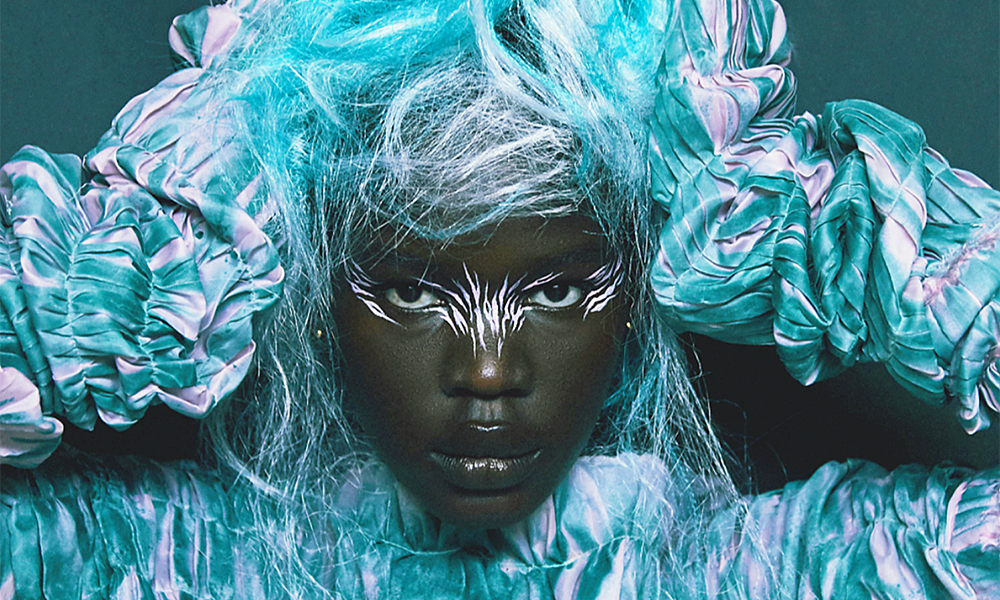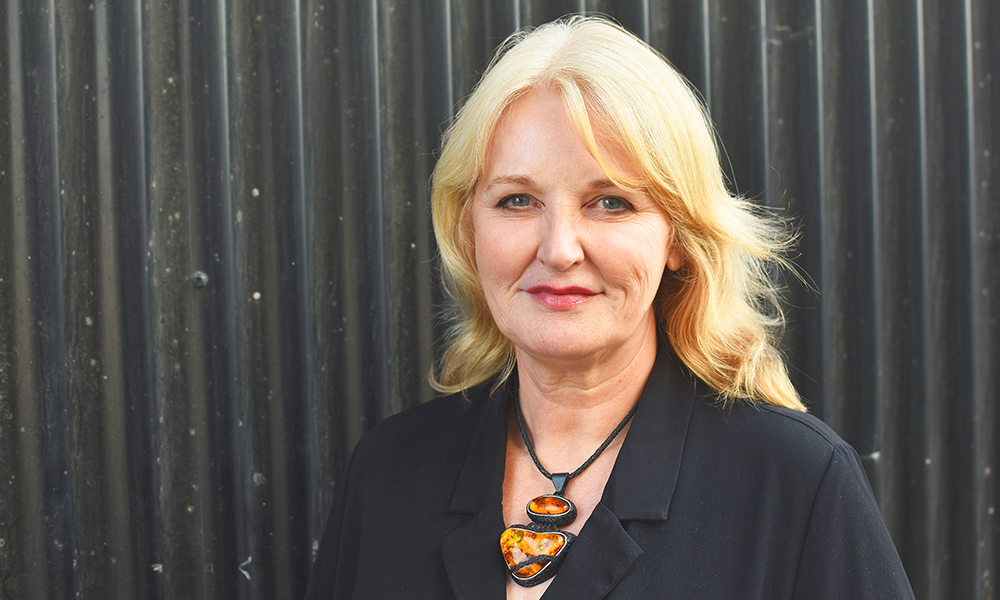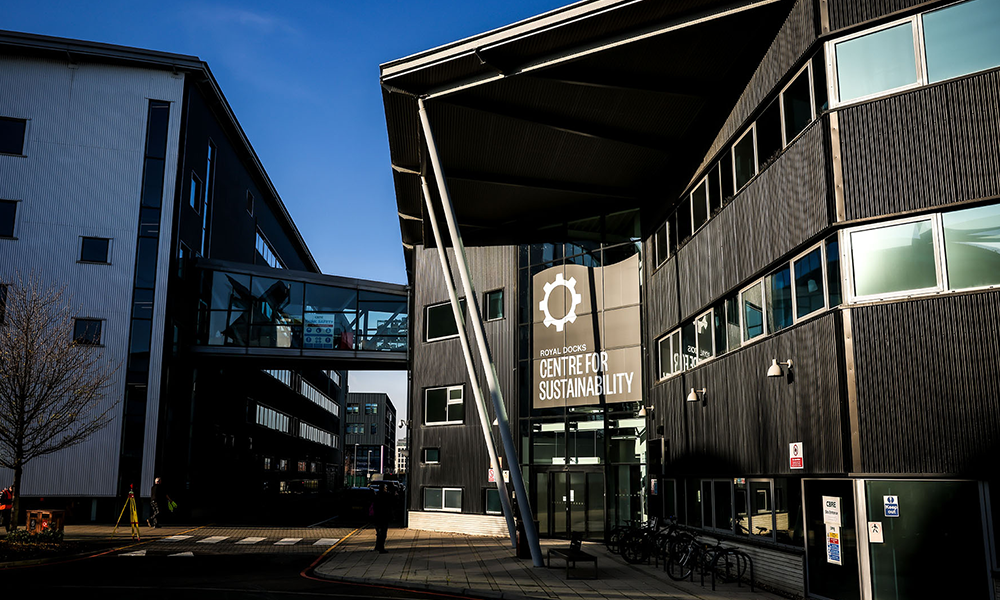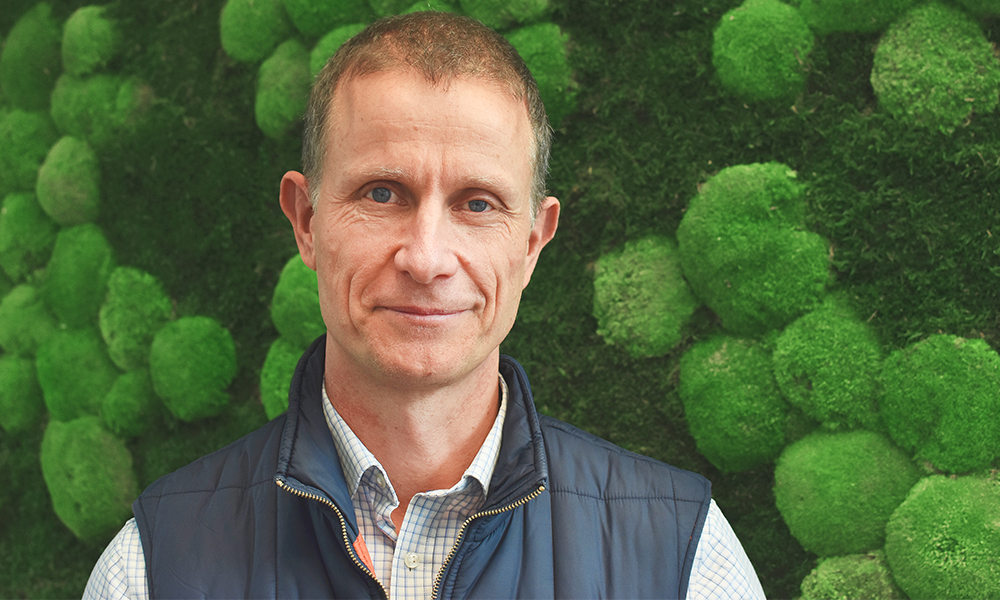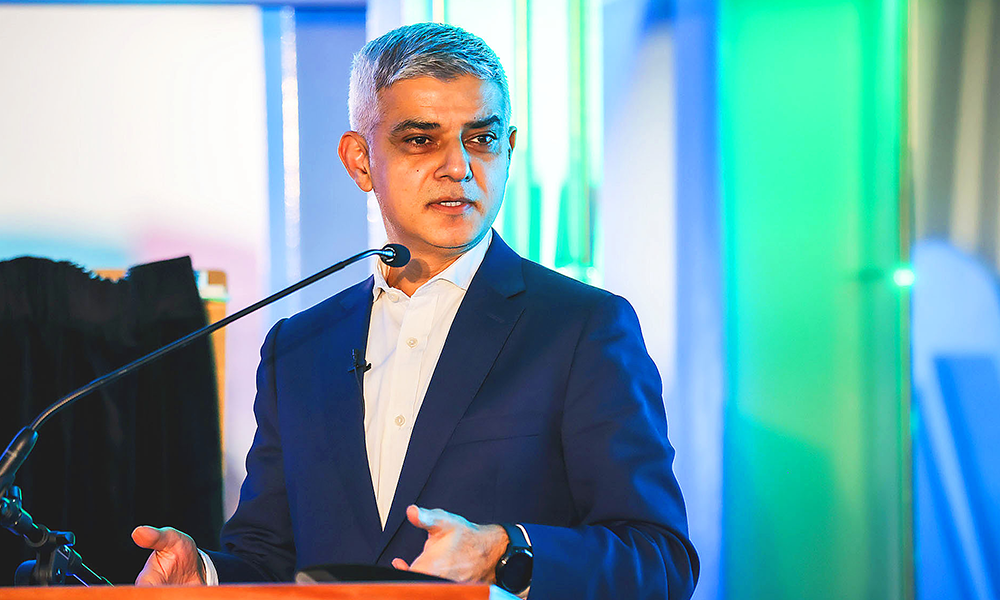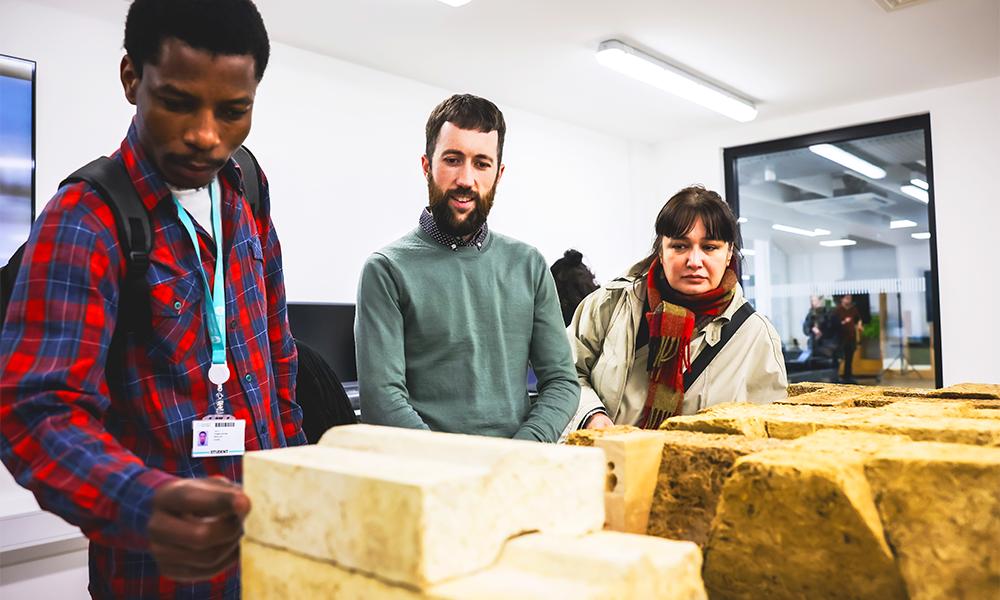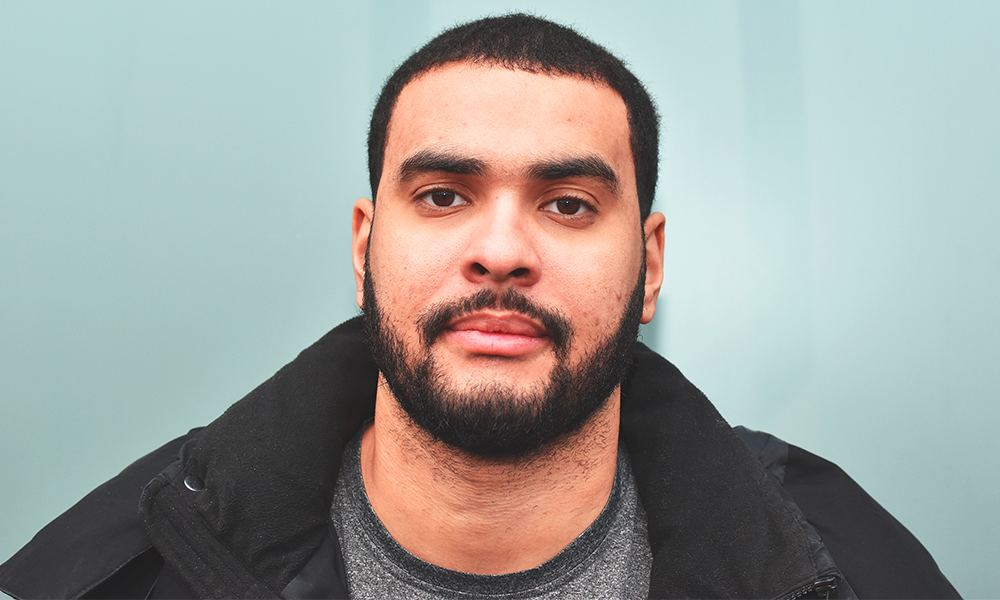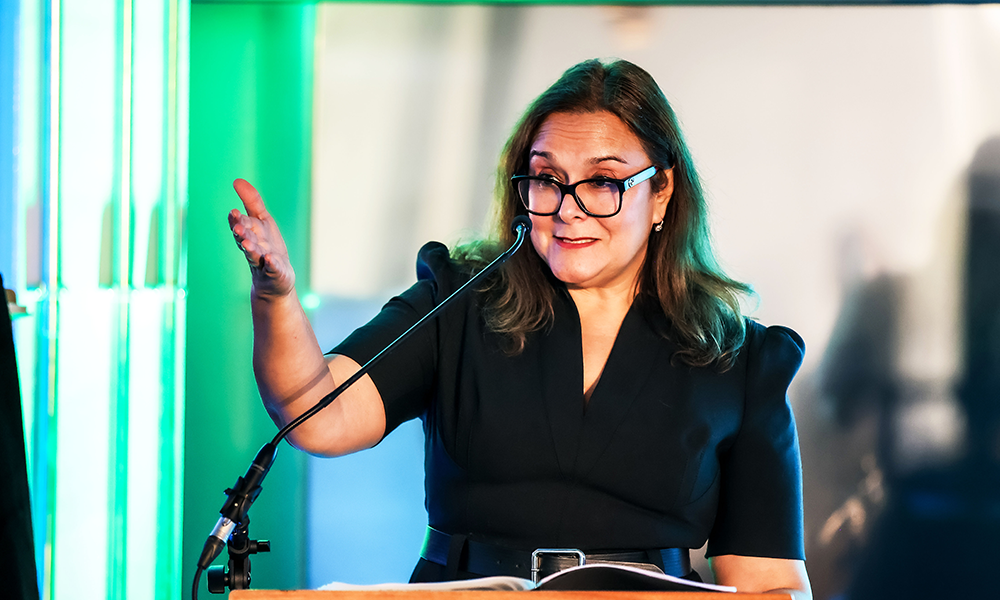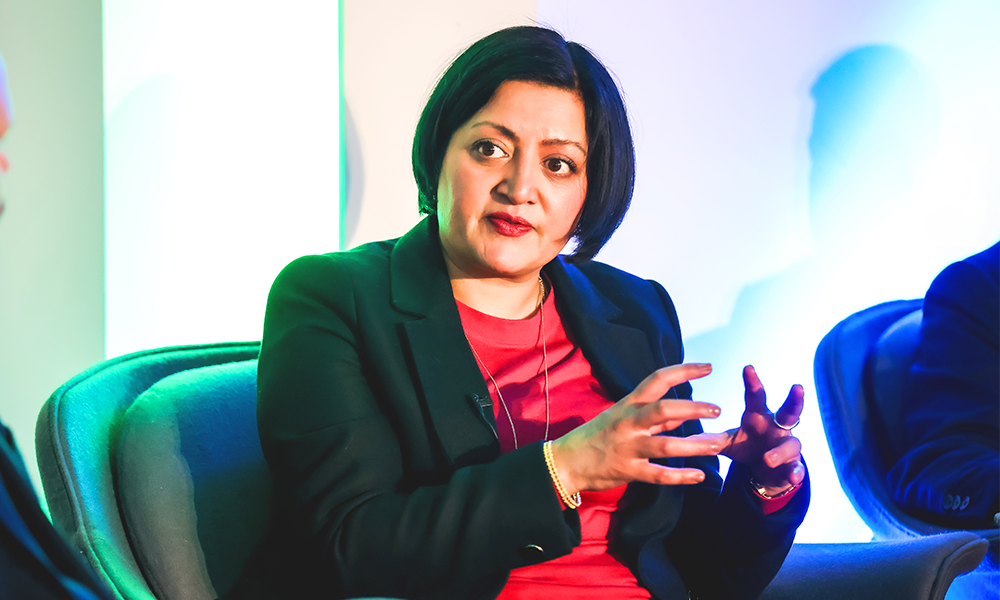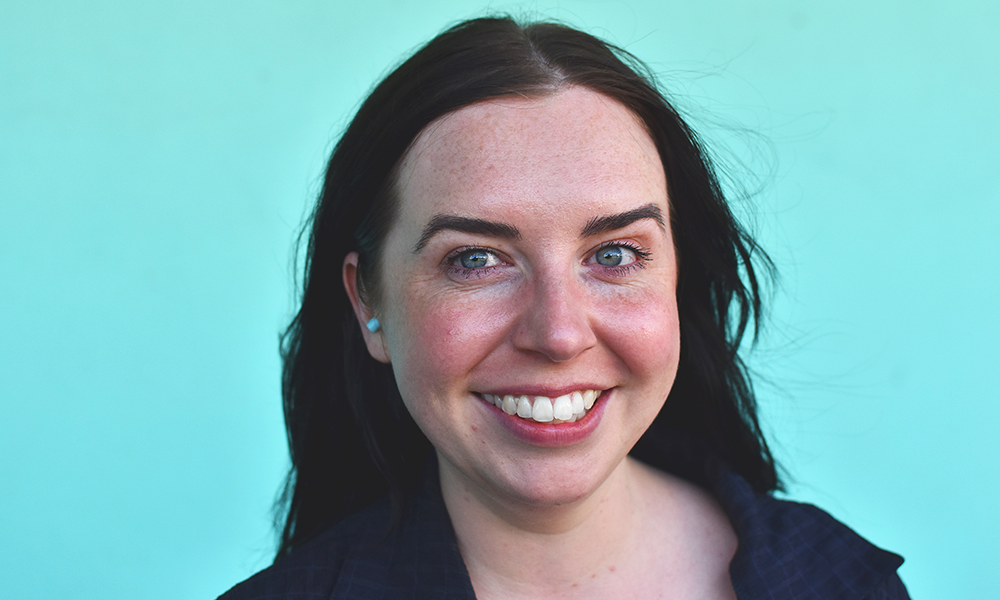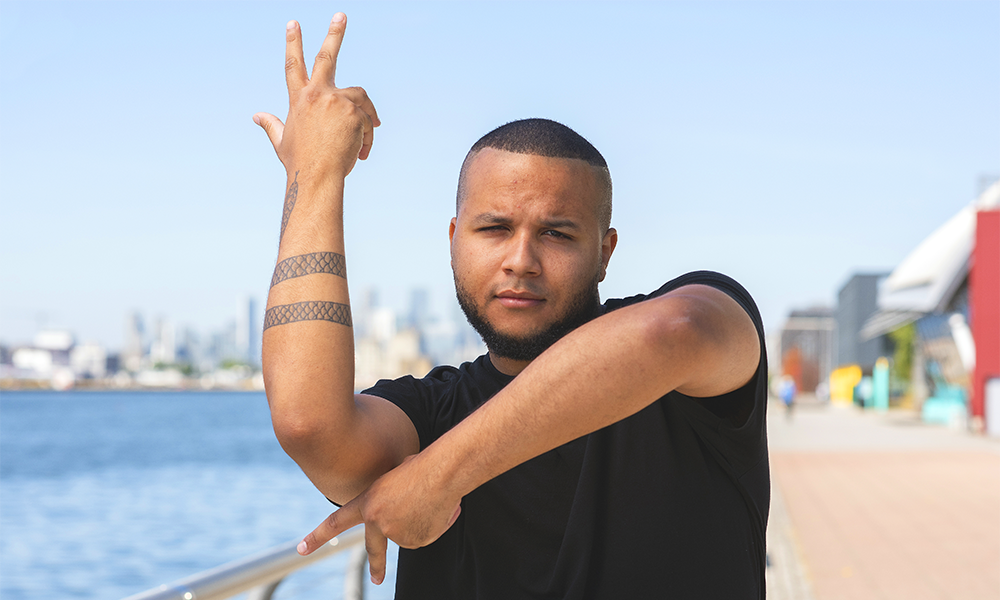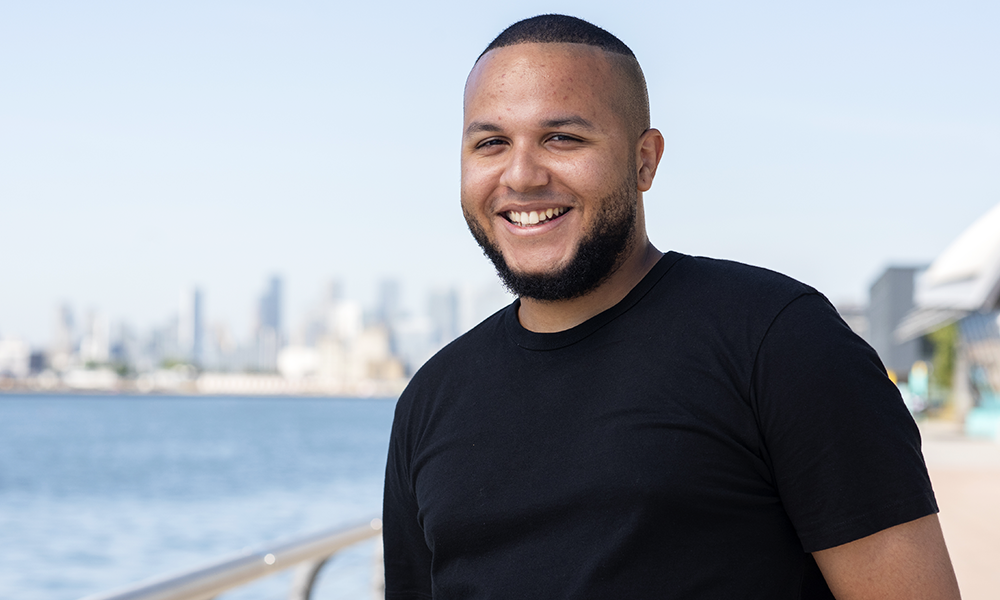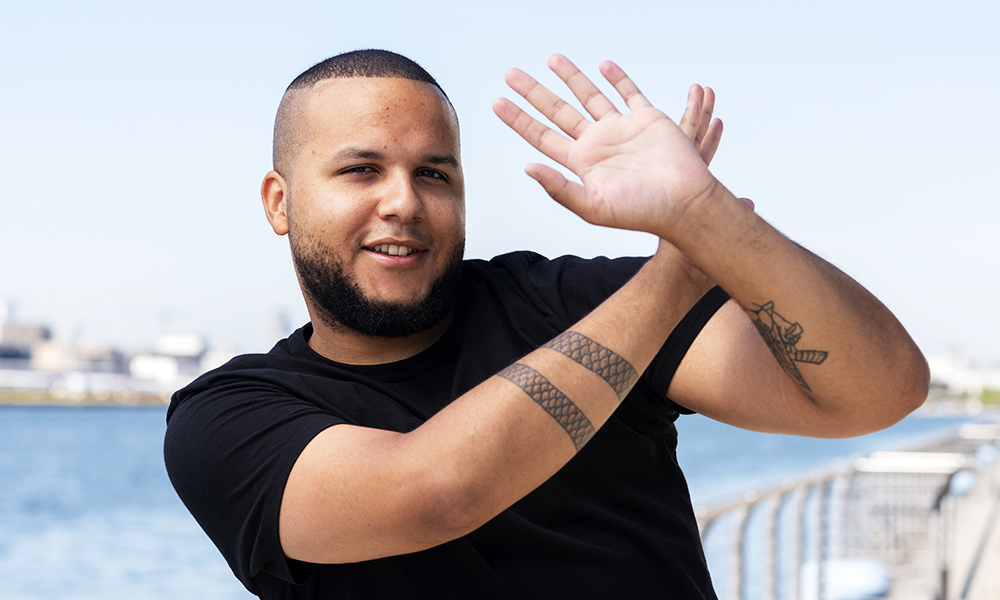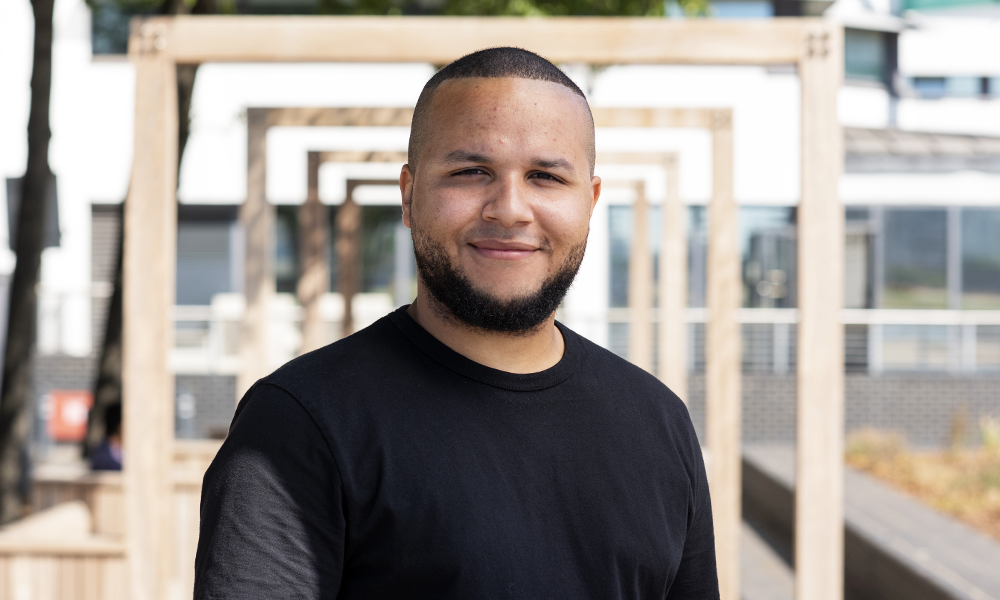We catch up with artistic director Bradley Hemmings as east and south-east London prepare for a full programme of free performances

Subscribe to our free Wharf Whispers newsletter here
Once again areas across south-east and east London are set to be filled with free, often breathtaking performances.
Now in its 29th year, the Greenwich + Docklands International Festival (GDIF) is back for 2024, bringing its traditional blend of awesome spectacle and thought-provoking shows to locations straddling the Thames.
In charge since the very first show, artistic director Bradley Hemmings and his team have put together a series of blockbusters and smaller happenings aimed at delighting residents, local workers and visitors.
We sat down with him to go over a few of the highlights to help you plan your diary.
“We’ve long been associated with very surprising and unusual events that pop-up and happen in locations across Greenwich and east London,” he said.
“This year we’re opening with a phenomenal performance by a French company – Les Commandos Percu.
“The show is called Silence and will take place at 8.30pm on August 23 at the Royal Artillery Barracks in Woolwich.
“This awesome parade ground space will be filled with a fusion of pyrotechnics and percussion.
“With people going though difficult times, having something joyous and uplifting like that will be just the tonic.
“They’re a company we’ve worked with before – way back in 2016 – so we’re very much looking forward to welcoming them back.”

Greenwich + Docklands International Festival – the small things
“We work across all sorts of different scales, it’s not all about large spectacles,” said Bradley
“For many people who come to the festival, it’s about having transformational experiences that disrupt the rhythm of the everyday.
“This year’s theme is All Change – we’re inspired by Gandhi’s message to be the change you want to see.
“We’re going through seismic times and something that brings people together to reflect, think and have a great time is really important.
“One of the highlights for me will be smaller in scale, but very intimate and considered.
“World Kiosk will be in Green Street from noon-6pm from August 29 to September 1.
“It invites people to take a breath – a moment outside the busyness of life – and provides a window into other people’s lives.
“Visitors are welcomed to the kiosk, which then serves them tea in a very ritualistic and beautiful way.
“Then they listen in to voices from people in other parts of the country who have been through this same process, sharing stories.
“It’s a sublime and beautiful experience, a wonderful reprieve from daily life.”

melting away
“At the other end of the scale, at Royal Albert Dock, we have an extraordinary spectacle from an Australian company called Legs On The Wall called Thaw,” said Bradley
“This production takes place on a 2.5 tonne block of ice suspended above the dock on a crane.
“Each day it runs for eight hours with a performer on top trying to navigate the changing shape of the block as it starts to melt.
“There’s a sense of jeopardy but also a wonderful soundscape that provides a chance to reflect and think very hard about what’s happening to the planet and the climate emergency.
“I think this will be one of the abiding images of this year’s festival – it runs on August 24 and 25, from 1pm-9pm at the University Of East London’s Royal Docks campus.”
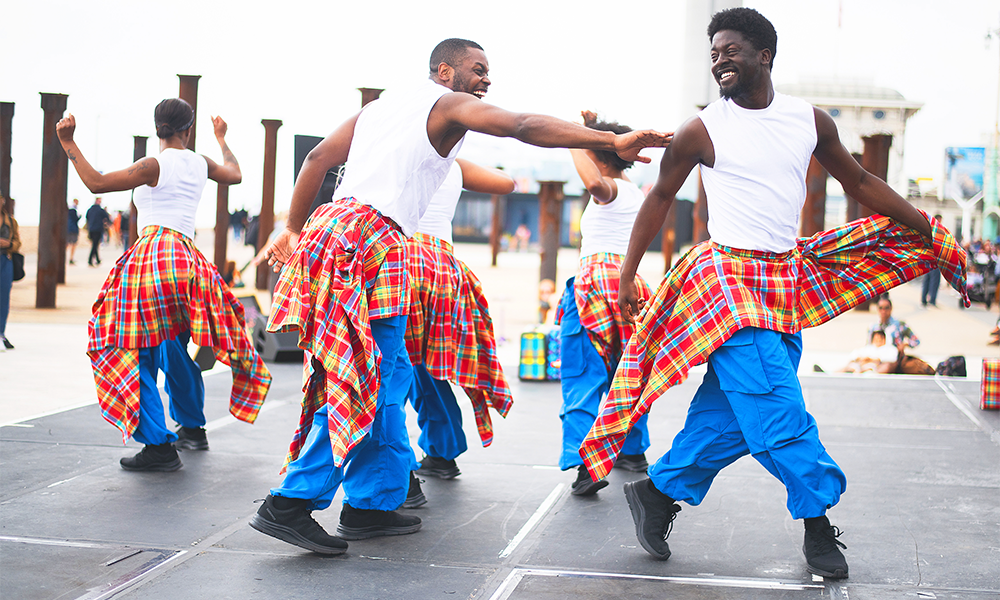
miraculous movement
On September 7, from 1pm-6pm, a number of areas in Stratford will be awash with many forms of movement.
“Dancing City is an event that is really dear to my heart,” said Bradley.
“We set it up at Canary Wharf in 2003 and people have come to really love that event.
“This year it will take place at East Bank, the Queen Elizabeth Olympic Park and in Stratford town centre.
“There’s a phenomenal range of dance companies taking part.
“We’re working very closely with Sadler’s Wells East and East London Dance as well as other partners including Stratford Cross, UCL and the London College Of Fashion.
“What will be wonderful about it is that it will be taking place in the midst of the Paralympic Games in Paris.
“I co-directed the London 2012 Paralympic opening ceremony, so there’s a personal history there and we’ll be presenting work led by deaf disabled artists.
“It feels wonderful to be continuing that Olympic legacy 12 years later.
“One of the pieces is called Synergy and has been choreographed by Mark Smith, who worked on the Paralympics with me.”
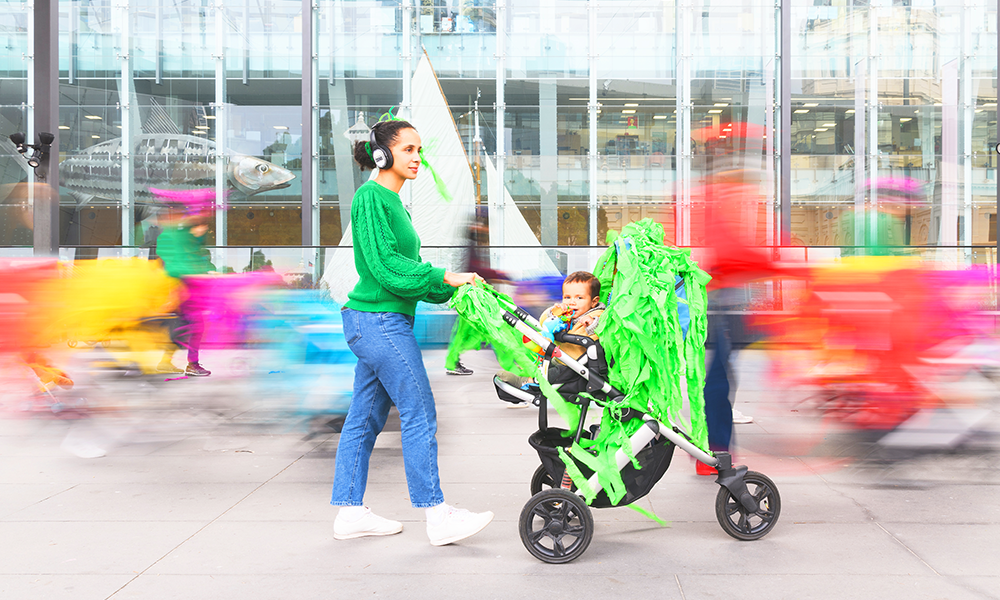
this year and the future
“One of the things that we will be doing next year is marking our 30th anniversary,” said Bradley.
“It’s enormously satisfying to see that GDIF is still there thanks to our partners.
“It seems to me that this will be a moment where we should be taking stock and thinking about what the next three decades will look like.
“Back to this year and we have A Ballad Of Thamesmead on September 6 and 7 at 8.30pm.
“It typifies what we aim to do – to create something miraculous and wonderful that reveals the story of this emerging part of London.
“Dante Or Die have created a piece around a clock tower, which originally sat in Deptford before the GLC transported it by barge down the Thames and rebuilt it as the centrepiece of Thamesead town centre.
“An 18th century structure improbably located in the middle of the 1980s development.
“Then my final highlight is festival of family fun – Parkworks, which takes place on August 25 and 26 from 1pm-6pm in Stratford Park.
“There will be a giant interactive climbing frame built from bamboo and parents with prams choreographed with headsets.”
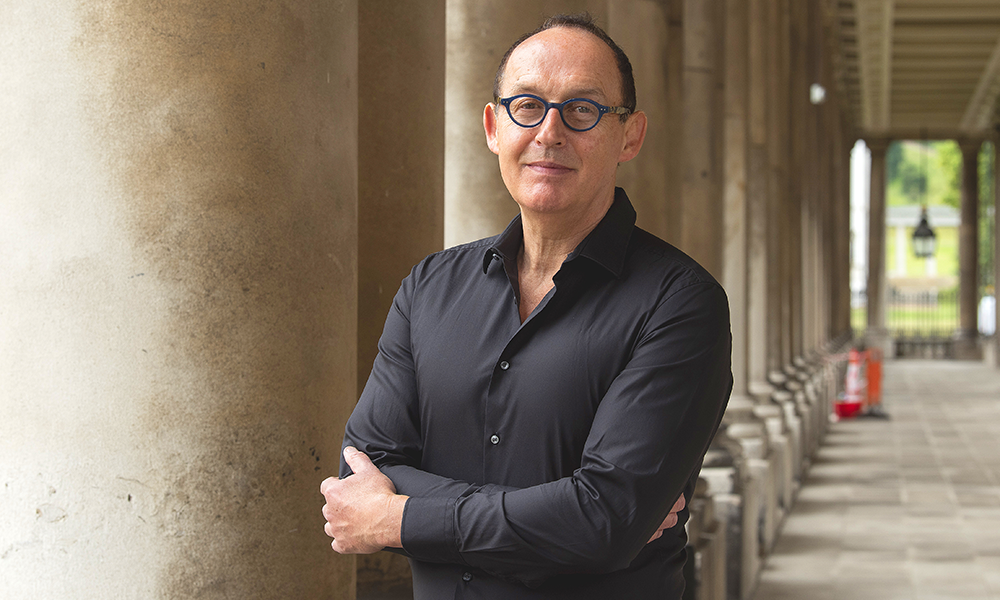
key details: Greenwich + Docklands International Festival
The Greenwich + Docklands International Festival runs from August 23 to September 8, 2024.
All events are free to attend. These highlights are the tip of the iceberg.
Find full listings for the festival here
Read more: How Toby Kidman created a pub with soul at the Pacific Tavern
Read Wharf Life’s e-edition here
Subscribe to our free Wharf Whispers newsletter here
- Jon Massey is co-founder and editorial director of Wharf Life and writes about a wide range of subjects in Canary Wharf, Docklands and east London - contact via jon.massey@wharf-life.com




